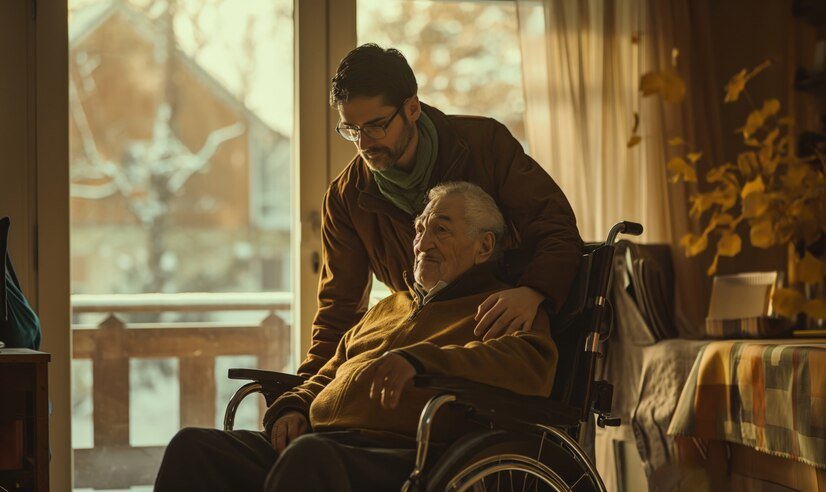Losing independence can be a difficult and emotional experience for both seniors and their caregivers. As we age, it’s natural for our physical and cognitive abilities to change, sometimes making it harder to perform everyday tasks we once took for granted. This loss of independence can lead to feelings of frustration, isolation, and even anger.
However, it’s important to remember that you’re not alone. Many seniors face similar challenges, and there are steps you can take to cope and maintain a sense of control over your life. This guide will explore strategies for navigating this transition, offering resources and tips for both seniors and caregivers.
Understanding the Emotional Impact
The loss of independence can trigger a range of emotions. It’s normal to feel frustrated when you can no longer do the things you used to do. You might experience feelings of sadness, loss of identity, and even a sense of helplessness. Don’t bottle up these emotions. Talking to a trusted friend, family member, therapist, or counselor can be a great way to process your feelings and develop healthy coping mechanisms.
Strategies for Seniors:
- Focus on what you can control: While some things may be outside your control, identify areas where you can still make choices. This could be anything from picking out your clothes to planning your daily routine.
- Maintain a positive attitude: A negative outlook can worsen the situation. Focus on the things you can still do and the positive aspects of your life.
- Stay connected socially: Social interaction is vital for maintaining mental and emotional well-being. Join a senior center, attend social events, or reconnect with old friends.
- Embrace new activities: Explore new hobbies and interests that fit your current abilities. Learning a new skill can be a great way to boost your confidence and self-esteem.
- Ask for help when needed: Accepting help doesn’t mean losing independence. Reach out to family, friends, or professional caregivers for assistance with tasks that have become difficult.

Strategies for Caregivers:
- Communicate effectively: Talk openly and honestly with your loved one about their needs and limitations. Listen to their concerns and work together to find solutions.
- Focus on maintaining their dignity: Provide assistance in a respectful manner, allowing them to do as much as they can independently.
- Celebrate their victories: Acknowledge and celebrate even small accomplishments. Positive reinforcement can boost their confidence and motivation.
- Educate yourself: Learn about the physical and emotional challenges associated with aging. This will help you better understand your loved one’s needs and provide more effective support.
- Practice self-care: Caring for someone can be demanding. Make sure to prioritize your own physical and emotional well-being. Schedule time for yourself to relax and recharge.
Finding Solutions Together
The key to coping with the loss of independence is open communication and collaboration. By working together, seniors and caregivers can find ways to maintain a sense of control, dignity, and well-being. Here are some additional tips:
- Focus on Ability, not Disability: Instead of dwelling on limitations, focus on what your loved one can still do. Adapt activities and find alternative ways to achieve goals.
- Embrace Assistive Technology: There are many assistive technologies available that can help seniors maintain independence, such as grab bars, shower chairs, and medication organizers.
- Explore Home Modifications: Making small modifications to your home, such as installing ramps or widening doorways, can significantly improve safety and accessibility.
- Consider Home Care Services: Professional home care services can provide invaluable support with tasks such as bathing, dressing, and meal preparation.
Conclusion
Remember, losing independence doesn’t have to mean losing your quality of life. By adopting a positive outlook, seeking support, and exploring creative solutions, you can navigate this transition and continue to live a fulfilling and meaningful life.





